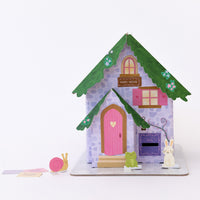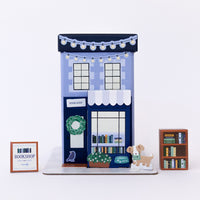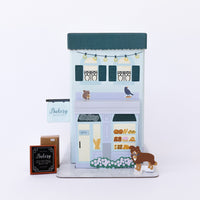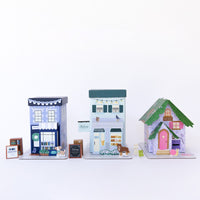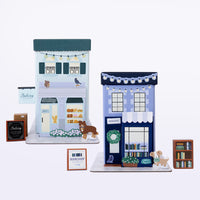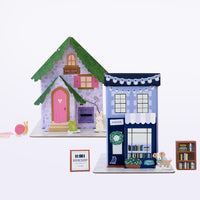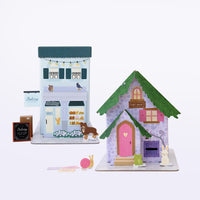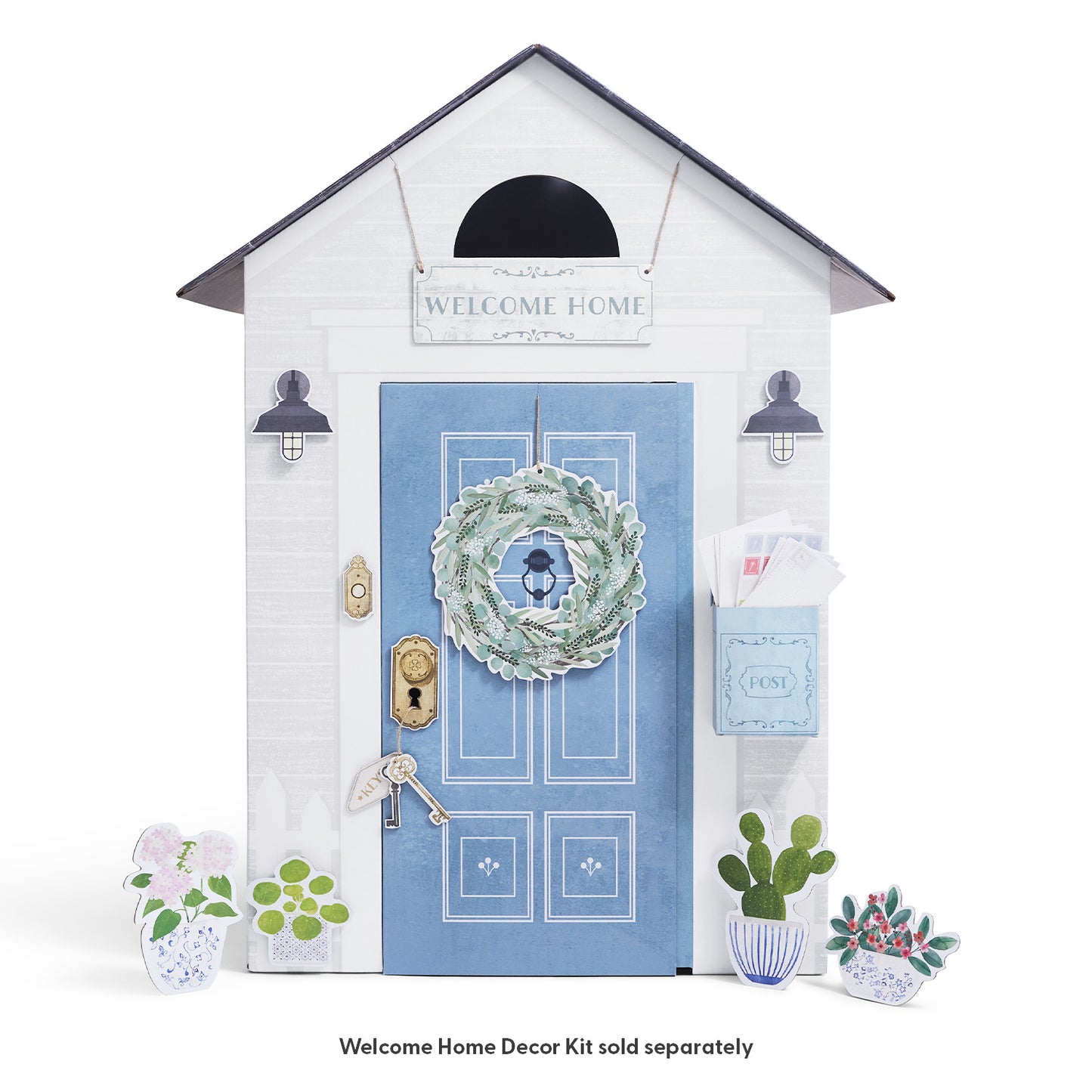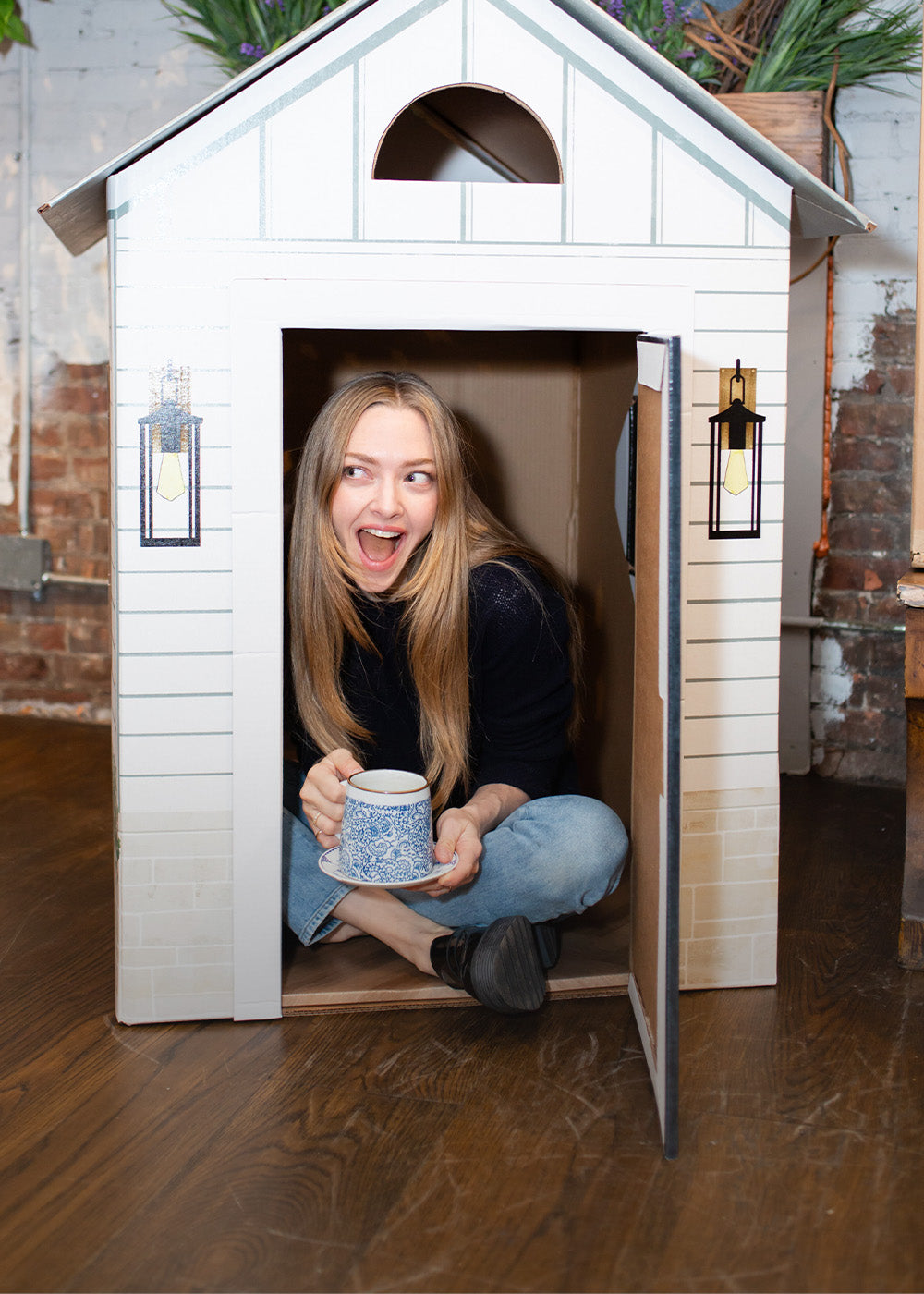Call us biased, but we believe a playhouse is more than just a fun and imaginative space for children to play in. And we’ve got the research to prove it. Apparently, studies have shown that playhouses, like Make It Cute, are proven to have cognitive, social, emotional, and physical developmental benefits. Here, we'll explore three scientifically proven reasons why investing in The New Playhouse can have a lasting impact on your child's growth and well-being.
Fostering Cognitive Development
Research has consistently shown that imaginative play is crucial for children's cognitive development. A study conducted by Dr. Sandra Russ, a psychologist at Case Western Reserve University, found that children engaging in pretend play demonstrated higher levels of creativity, problem-solving skills, and cognitive flexibility (Russ, 2004).
A playhouse provides an ideal environment for this type of play, allowing children to create their own scenarios, act out stories, and transform the space according to their imagination. By doing so, they develop cognitive skills such as symbolic thinking, logical reasoning, and memory, which are essential for academic success and overall intellectual growth.
Enhancing Social Skills and Emotional Intelligence
Playhouses also serve as excellent social hubs where children can interact with their peers and learn to share, cooperate, and negotiate. A study by researchers at the University of Delaware found that children who engaged in pretend to play with their friends developed better social skills and were more successful in navigating social interactions in later years (Lillard et al., 2013).
Moreover, playhouses offer a space for children to explore various emotions and learn to express their feelings in a safe and controlled environment. They can role-play different characters, navigate conflicts, and empathize with others, contributing to their emotional intelligence and social competence.
Cultivating Independence and Responsibility
A playhouse can serve as a child's sanctuary, where they can develop a sense of autonomy and self-reliance. Dr. Tovah Klein, director of the Barnard College Center for Toddler Development and author of "How Toddlers Thrive," asserts that having a space of their own helps children develop independence, self-confidence, and a sense of responsibility (Klein, 2014).
By managing their playhouse, children learn to take care of their belongings, maintain the space, and make decisions independently. These skills not only contribute to their self-esteem but also prepare them for more significant responsibilities as they grow older.
